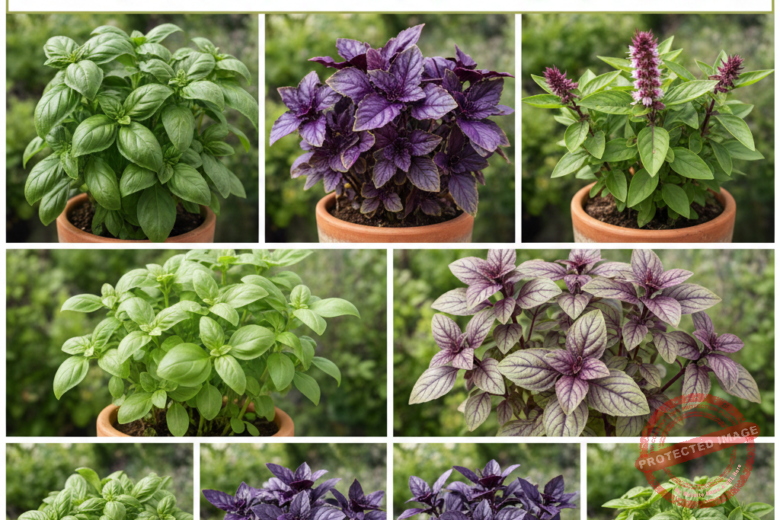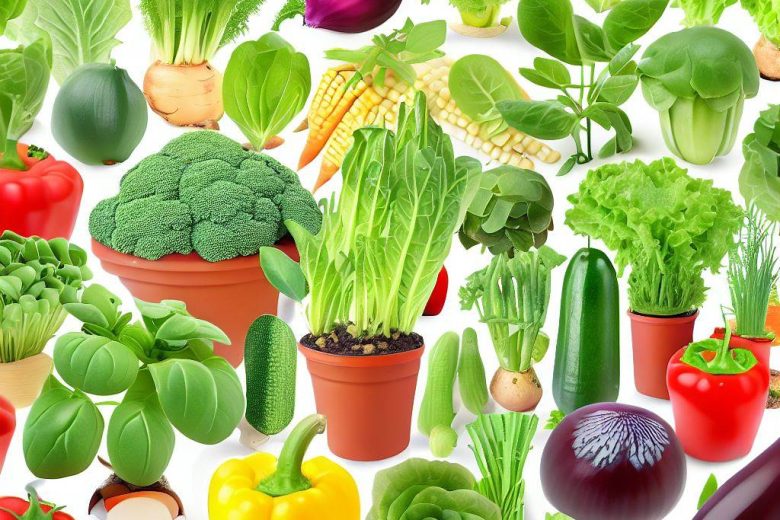Are you interested in entering the world of avocado farming in Kenya? Avocado farming has become an increasingly popular venture due to the rising demand for this nutritious and versatile fruit.
To start growing avocados in Kenya, the seed growing involves several distinct stages. Initially, the seed is prepared by cleaning and suspending it in water using toothpicks, allowing the bottom to immerse. The seed then germinates, with a root emerging from the bottom and a shoot from the top.
Once the roots are established, the seedling is transplanted into soil, and subsequent growth involves nurturing the young plant through proper care, sunlight, and water to encourage healthy development into a mature avocado tree.
Whether you’re a seasoned farmer or a newcomer to agriculture, this step-by-step guide will provide you with valuable insights to kickstart your journey toward becoming a successful avocado farmer in Kenya.
Avocado Farming in Kenya: A Step-by-Step Guide to Success

Avocado farming offers a lucrative opportunity for Kenyan farmers, thanks to the country’s suitable climate and growing conditions. To succeed in this venture, understanding the essential steps and best practices is crucial. So, here is the step-by-step guide to starting avocado farming in Kenya as a beginner:
Read Also: [Beginner’s Guide] How to Start Farming In Kenya
Step 1: Choosing the Right Avocado Variety
Selecting the appropriate avocado variety is the foundation of your farming journey. Varieties like Hass and Fuerte are popular choices due to their adaptability and market demand.
Step 2: Farmland Selection and Preparation
Choose a farmland with well-draining soil and ample sunlight. After procuring your farmland, start land preparation which include clearing of bushes and debris and tilling the soil to improve aeration and drainage. And possibly making ridges or heap as the case may require.
Read Also: 50 Best Beginner Plants For Gardening [Easy To Grow]
Step 3: Soil and Nutrient Management
Conduct soil tests to determine nutrient levels. Avocado trees require a balanced mix of nutrients, including nitrogen, phosphorus, and potassium. Organic compost can enhance soil fertility.
Step 4: Planting Process
Plant avocado trees during the rainy season. Dig holes and ensure proper spacing between trees. Grafting young trees onto disease-resistant rootstocks can improve yield.
Read Also: Avocado Seed Growing Stages [A Comprehensive Guide]
Step 5: Irrigation Techniques
Establish a consistent irrigation system, especially during dry periods. Avocado trees need regular watering, but avoid waterlogging, as it can lead to root rot.
Step 6: Pruning and Canopy Management
Prune your trees to encourage healthy growth and optimal fruit production. Removing dead or overcrowded branches enhances sunlight penetration and airflow.
Read Also: Top 10 Avocado Farming Counties in Kenya
Step 7: Pest and Disease Control
Monitor for common pests like thrips and diseases like anthracnose. Consider natural pest control methods and organic treatments to minimize chemical usage.
Step 8: Harvesting and Post-Harvest Handling
Harvest avocados once they reach the desired size and maturity. Handle them carefully to prevent bruising. Avocados continue to ripen after harvest, so proper storage is essential.
Read Also: 15 Most Profitable Crops to Grow in Kenya
Marketing and Selling Your Avocados
Identify local markets, supermarkets, and export opportunities for your avocados. Establishing relationships with buyers and utilizing digital platforms can help you reach a wider audience.
Profitability and Sustainability
Manage your farm with a focus on long-term sustainability. Implement practices like mulching and cover cropping to improve soil health and conserve water.
Useful Tips for Success In Avocado Farming In Kenya
- Regularly monitor tree health.
- Rotate and diversify crops.
- Network with other avocado farmers.
- Stay updated on industry trends.
Variety Selection: Choose avocado varieties suited for the Kenyan climate and market demand. Varieties like Hass and Fuerte are popular due to their taste, texture, and consumer preference.
Proper Site Selection: Opt for well-draining soil with good sunlight exposure. Avoid areas prone to waterlogging, as avocados are susceptible to root rot. Adequate spacing between trees ensures healthy growth and airflow.
Read Also: [Beginners Guide] How To Grow Beans In Kenya Pdf
Soil Management: Regular soil testing is vital to determine nutrient levels. Implement a fertilization plan that addresses the specific nutrient needs of avocado trees. Incorporating organic matter and compost can improve soil structure and fertility.
Water Management: Avocado trees require consistent and sufficient irrigation, especially during dry periods. Implement drip irrigation systems to ensure controlled water delivery while preventing overwatering.
Read Also: 15 Fast Growing Trees in Kenya
Pest and Disease Control: Stay vigilant against common pests like thrips and diseases like anthracnose. Integrate natural pest control methods and use disease-resistant avocado varieties to minimize the need for chemical treatments.
Avocado’s Diverse Applications Across 10 Industries
Avocado is not just a beloved fruit but also finds its way into various industries due to its nutritional value, flavor, and texture. Here are ten industries that make use of avocados:
Food and Culinary: Avocado is a staple in salads, sandwiches, and spreads like guacamole, making it a favorite ingredient in the culinary world.
Cosmetics: Avocado oil is rich in vitamins and antioxidants, making it a popular ingredient in skincare products like moisturizers and serums.
Health and Wellness: Avocado’s nutrient content, including healthy fats and fiber, contributes to its popularity in the health food sector.
Beverage: Avocado is used in smoothies, milkshakes, and even avocado-based drinks in some cultures.
Bakery and Snacks: Avocado-infused baked goods and snacks cater to health-conscious consumers.
Dietary Supplements: Avocado extract and supplements are marketed for their potential health benefits.
Animal Feed: Avocado by-products can be used as feed for livestock due to their nutritional content.
Pharmaceuticals: Certain compounds in avocados have been studied for potential medicinal applications.
Fashion: Avocado seeds and skins are explored for their use in sustainable fashion and textile production.
Biofuels: Research is ongoing into using avocado oil for biofuel production due to its fatty acid composition.
Top Importing and Exporting Countries for Avocados
Top 5 Importing Countries:
- United States
- European Union (collective)
- China
- Japan
- Canada
Top 5 Exporting Countries:
- Mexico
- Netherlands
- Spain
- Peru
- Chile
Profitability of Avocado Farming in Kenya:
Avocado farming in Kenya can be highly profitable due to the increasing global demand for avocados. With proper management and adherence to best practices, farmers can generate substantial income from avocado cultivation.
Acre Yield of Avocado in Kenya:
The yield of avocados per acre in Kenya varies based on factors like variety, soil quality, and farming practices. On average, an acre of well-managed avocado trees can yield between 500 to 1,000 kilograms of fruit per year.
Avocado Tree Yield in Kenya:
An individual avocado tree in Kenya can yield anywhere from 50 to 200 kilograms of fruit per year, depending on its age, health, and environmental conditions.
Profit Margin of Avocados:
The profit margin of avocados can vary based on factors such as production costs, market prices, and quality. However, with proper planning and management, some farmers have reported profit margins exceeding 50%.
Price of 1kg of Avocado in Kenya:
The price of 1 kilogram of avocados in Kenya can fluctuate due to supply, demand, and market conditions. On average, the price can range from Ksh 50 to Ksh 150 or more per kilogram.
Best Area to Grow Avocado in Kenya:
The central and rift regions of Kenya, including areas like Murang’a, Nyeri, Kiambu, and Meru, are often considered ideal for avocado cultivation due to their suitable climate, altitude, and soil conditions.
Number of Avocado Trees per Acre in Kenya:
The number of avocado trees per acre in Kenya can vary based on factors like spacing, tree management, and variety. Generally, farmers may plant around 110 to 150 trees per acre.
Country Producing the Most Avocados in Africa
Kenya stands out as the leading avocado producer in Africa. Its favorable climate and diverse regions contribute to its substantial avocado production.
Avocado Yield from One Tree
An average avocado tree can yield around 200 to 500 avocados per year. However, this yield varies based on factors such as tree variety, age, care, and environmental conditions.
Biggest Avocado Producers in Kenya
Some of the prominent avocado producers in Kenya include Kakuzi PLC, Murang’a County, and Meru County. These regions have established themselves as key players in avocado cultivation.
Country with the Best Avocado
While several countries produce excellent avocados, Hass avocados from countries like Kenya, Mexico, and Peru are renowned for their taste, texture, and market demand.
Top Avocado Buyers
The United States, the European Union, China, and Japan are among the top consumers of avocados globally. Their demand drives avocado trade on a significant scale.
Avocado Export from Kenya
Kenyan avocados have a strong presence in international markets. Major export destinations include Europe, particularly the United Kingdom, the Middle East, and parts of Asia.
Time for Avocado to Grow in Kenya
Avocado trees in Kenya usually take around 2 to 4 years to bear fruit after planting. However, full production typically begins after about 7 to 10 years.
Best Export Avocado in Kenya
Hass avocados are the most widely exported variety from Kenya. Their creamy texture, rich flavor, and extended shelf life make them a preferred choice for both local and international markets.
Time for Hass Avocado Tree to Bear Fruit in Kenya:
Hass avocado trees typically take around 2 to 3 years to start bearing fruit after planting. However, optimal fruit production is usually reached between 5 to 7 years of age.
Profitability of Hass Avocado in Kenya:
Hass avocados are among the most profitable avocado varieties in Kenya. They are in high demand internationally and can yield higher returns compared to other varieties due to their taste, texture, and marketability.



